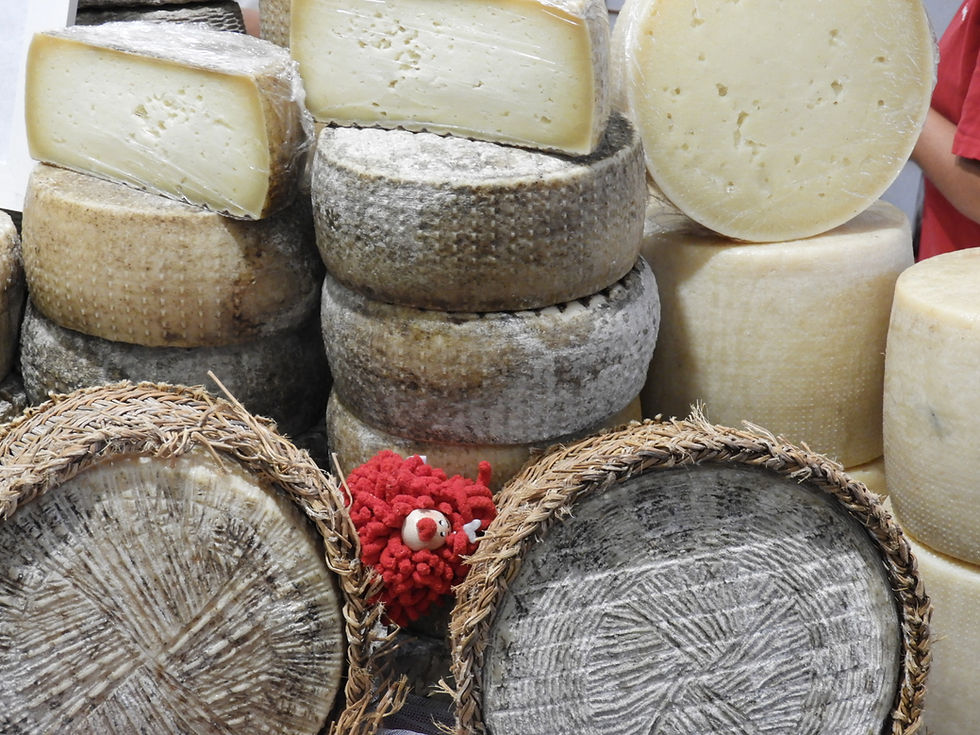Molise
- Aug 26
- 2 min read
Updated: Sep 26
Italy’s Hidden Gem
Introduction to Molise
Molise is often described as the region of Italy that hardly anyone knows. In fact, most Italians have never visited Molise and would likely struggle to find it on a map. For many years, it formed part of the larger Abruzzo region, only becoming its own entity relatively recently.

Geography and Administration
Molise is Italy’s second smallest region and also its youngest, established in 1963 after the split of the former 'Abruzzi e Molise' region. Covering a total area of 4,438 square kilometres, it is home to about 330,000 people. The region is divided into two provinces: Campobasso and Isernia. Campobasso serves as the capital of Molise. The region shares borders with Abruzzo to the north, Lazio to the west, Campania and Apulia (Puglia) to the south and east, and has a modest coastline along the Adriatic Sea to the northeast. The only major port in Molise is Termoli.
Landscape and Points of Interest
Though largely overlooked by both Italians and tourists, Molise boasts a wealth of attractions hidden in its mountainous landscape. The region is dotted with beautiful abbeys, churches, and castles, in addition to impressive ancient ruins. The mountainous terrain has shaped Molise’s history and economy for centuries.

Economy and Traditional Industries
Molise’s economy has long depended on the seasonal movement of shepherds and their flocks from Abruzzo to Puglia. Agriculture and livestock remain at the heart of the region’s economy, although recent years have seen significant development in the food and garment industries.
Local Produce and Cuisine
Molise is renowned for its high-quality agricultural products, especially pasta and olive oil. La Molisana is widely considered one of Italy’s finest pasta brands. Colavita, the largest olive oil producer in Molise, is also among the country’s leading exporters. The lentils from Capracotta are celebrated as some of the best in Italy. The local cuisine bears similarities to that of Abruzzo and is also influenced by the neighbouring region of Puglia. Molise is known for five notable cheeses: Burrino, Caciocavallo, Scamorza, Pecorino, and Manteca.

Wine Production
There are only two DOC (Denominazione di Origine Controllata) wines produced in Molise: Biferno, available in red, white, and rosé, which is grown around Campobasso, and Pentro from Isernia. Other wine varieties cultivated in the region include Aglianico, Montepulciano, Barbera, Garganega, Pinot Nero, Pinot Bianco, Veltliner, and Trebbiano.




Comments